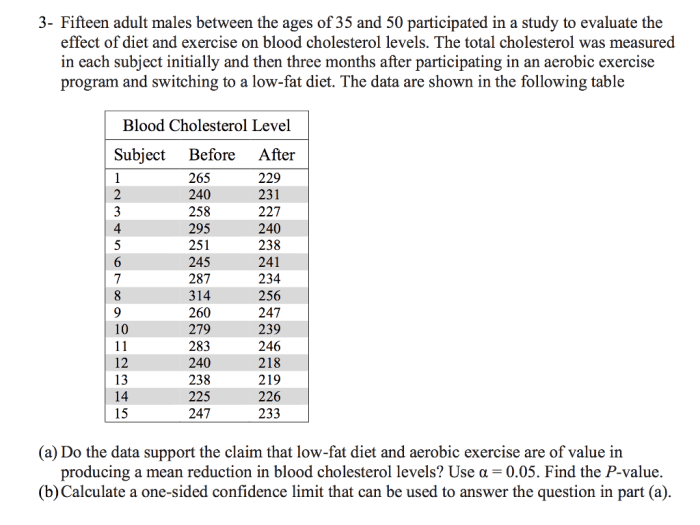Between the ages of six and fifteen mozart – Mozart’s Prodigious Years: Between the Ages of Six and Fifteen embarks on a captivating journey, delving into the formative years of one of music’s most celebrated geniuses. This narrative unveils the extraordinary circumstances that shaped Mozart’s early musical development, showcasing his unparalleled talent and the profound impact he had on the world of music.
From his early exposure to music under the tutelage of his father to his extensive travels and performances, this account meticulously chronicles Mozart’s artistic growth. We witness the birth of iconic compositions, explore the influences that molded his musical style, and gain insights into his role as a teacher and mentor.
Early Musical Education and Influences

Mozart’s early exposure to music was exceptional. His father, Leopold Mozart, a renowned violinist and composer, recognized his son’s extraordinary musical talent at an early age and began teaching him the harpsichord at the age of four.
Leopold provided a structured and rigorous musical education, emphasizing the study of Baroque masters such as Bach and Handel. He also exposed Mozart to the latest musical trends in Europe, including the emerging Classical style.
The musical environment in Salzburg, where Mozart spent his formative years, was rich and stimulating. The city was a center for music, with a vibrant opera scene and numerous concerts and festivals.
Compositions and Performances

Mozart’s prodigious talent was evident in his early compositions. At the age of six, he wrote his first symphony, and by the age of 15, he had composed over 300 works, including operas, symphonies, concertos, and sonatas.
His early works showcased his mastery of musical forms and his ability to create memorable melodies and harmonies. He experimented with different styles, incorporating elements of Baroque, Classical, and Italian opera into his compositions.
Mozart’s performances were equally impressive. He toured extensively throughout Europe, performing at royal courts and concert halls. His virtuosic playing and improvisational skills astonished audiences.
Touring and Travels: Between The Ages Of Six And Fifteen Mozart

Mozart’s extensive travels played a significant role in his musical development. He visited major cities such as Vienna, Paris, London, and Rome, where he encountered a wide range of musical influences and met other renowned composers.
These experiences broadened his musical horizons and exposed him to different musical traditions and performance practices. He absorbed these influences into his own compositions, creating a unique and eclectic musical style.
Musical Style and Influences
Mozart’s musical style during this period was characterized by its clarity, balance, and melodic beauty. He blended elements of Baroque and Classical styles, creating a distinct and influential sound.
His compositions often featured contrasting themes, elegant harmonies, and intricate counterpoint. He was particularly known for his ability to create memorable and expressive melodies.
Mozart’s music was influenced by a wide range of sources, including Italian opera, German Baroque music, and the emerging Classical style. He synthesized these influences into a unique and personal musical language.
Pedagogical Influences

In addition to his compositional and performance achievements, Mozart also played a significant role as a teacher and mentor to younger musicians.
He taught piano, composition, and improvisation, passing on his knowledge and skills to the next generation of composers. His students included some of the most prominent musicians of the time, such as Ludwig van Beethoven and Franz Schubert.
Mozart’s teaching methods emphasized the importance of technical proficiency, musical expression, and the study of great masters. He believed in fostering a love of music and encouraged his students to explore their own creativity.
FAQ Corner
At what age did Mozart compose his first symphony?
Mozart composed his first symphony at the age of eight.
What was the name of Mozart’s father, who played a significant role in his musical education?
Leopold Mozart
Which of Mozart’s early operas is considered a masterpiece of the genre?
The Marriage of Figaro